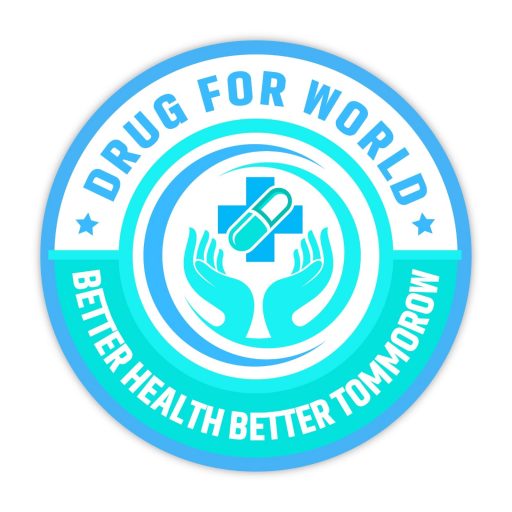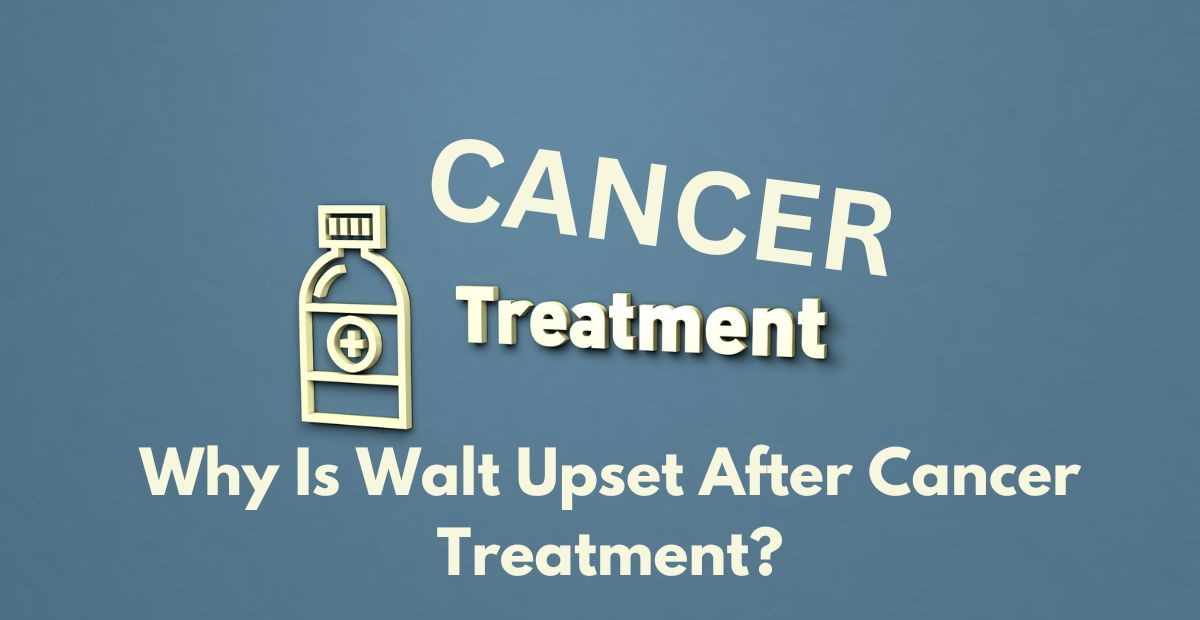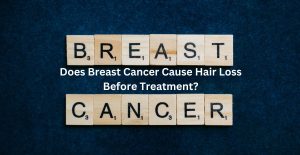Cancer treatment, Why Is Walt Upset After Cancer Treatment?, radiation, or surgery, is an emotionally and physically taxing journey.The difficulties that many cancer survivors face continue after their treatment is over.
In fact, some patients experience unexpected emotional distress after their treatment has finished. Walt, a fictional character or a representative of many cancer survivors, finds himself grappling with emotions like anger, fear, and frustration after his treatment concludes. why Walt might be upset after his cancer treatment, addressing the psychological, physical, and emotional factors at play.
Why Emotional Struggles Persist After Cancer Treatment
Despite the completion of cancer treatment, many individuals experience a range of emotions that are difficult to understand for those outside the situation. Understanding why someone like Walt might be upset involves looking beyond the physical aspects of treatment and considering the complex psychological landscape of cancer survivorship.
1. The Shock of the Diagnosis Doesn’t Fade Quickly
Being diagnosed with cancer often feels like the world has shifted beneath your feet. For Walt, and many others, the fear of mortality can linger long after the treatment is over. While treatment might offer hope, the mental shock of facing a life-threatening illness can have lasting effects. Survivors may constantly fear the cancer could return, which can lead to anxiety, depression, and even anger.
The Fear of Recurrence
One of the most common emotional struggles after treatment is the persistent fear of recurrence. This fear is natural and widespread, often affecting a patient’s outlook on life. Walt may feel frustrated by this fear, as it casts a shadow over his sense of accomplishment and healing. Even when cancer treatments are successful, the question of “What if?” remains.
2.Physical Alterations and Treatment Side Effects
Cancer treatment often comes with a host of physical side effects that continue long after the last dose of chemotherapy or radiation. Hair loss, fatigue, pain, and weight changes can all affect a survivor’s self-image and emotional well-being. For Walt, these changes may be difficult to accept and could lead to feelings of frustration and sadness.
Chronic Fatigue and Pain
Even after treatment ends, many survivors experience chronic fatigue and lingering pain. This can leave Walt feeling exhausted and emotionally drained, which may contribute to his upset state. Chronic pain can also limit his ability to enjoy life as he once did, adding to his emotional distress.
3. The Loss of Identity and Purpose
For many cancer patients, the experience of battling cancer becomes a part of their identity. “Who am I now?” is a question that arises after treatment. can be overwhelming. Walt may feel a sense of loss, not only in terms of his physical health but also in terms of his sense of self. Cancer treatment often becomes a central part of a patient’s life, and without it, there may be a void that is hard to fill.
Lack of Support After Treatment
During treatment, patients often receive a great deal of emotional support from family, friends, and healthcare providers. After the treatment ends, however, this support tends to fade, leaving survivors to cope on their own. Walt may feel isolated or abandoned, even though his battle with cancer isn’t technically over.
4. Post-Traumatic Stress Disorder (PTSD)
Cancer treatment can be traumatic in many ways. The physical pain, the medical procedures, the constant reminder of one’s mortality — all these can result in post-traumatic stress. Walt may have developed PTSD from his treatment, causing emotional instability, flashbacks, nightmares, or intrusive thoughts. This mental health condition can make it difficult for cancer survivors to feel “normal” after treatment ends.
Difficulty Reintegrating into Daily Life
Once treatment ends, patients like Walt may struggle to adjust back to normal life. The routine of doctors’ visits, hospital stays, and treatment schedules can be all-consuming. After the treatment ends, they may feel lost without the structure and routine that cancer care provided. This loss of routine, combined with mental health struggles like PTSD, can make reintegration challenging.
5. The Search for Meaning After Cancer
After a cancer diagnosis and the subsequent treatment, many survivors, including Walt, experience a shift in their worldview. The meaning of life, personal goals, and relationships may all be reexamined. While some survivors find meaning in the experience, others may feel unsettled or lost. Walt may be struggling to find a new purpose after his treatment ends.
Existential Questions and Purpose
Walt may feel overwhelmed by existential questions about the meaning of life and his place in the world. The trauma of cancer therapy frequently magnifies these questions. For some, this period of reflection leads to personal growth and positive changes, but for others, it can lead to confusion and emotional turmoil.
Conclusion:
Walt’s emotional struggles after cancer treatment are not uncommon. The psychological, physical, and existential challenges faced by cancer survivors often go unrecognized, but they are just as important as the physical healing process. By understanding the emotional aftermath of cancer treatment, we can provide better support and care for survivors like Walt, helping them navigate their post-treatment journey with understanding and empathy.




